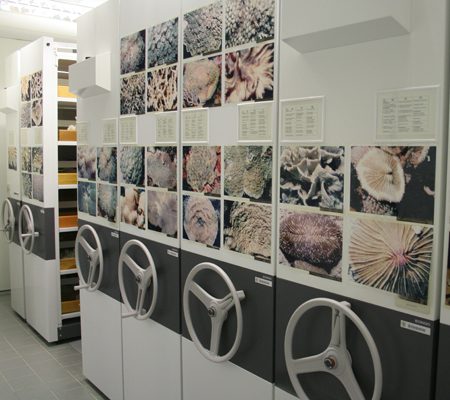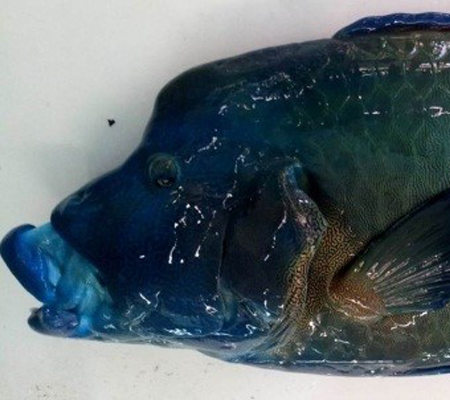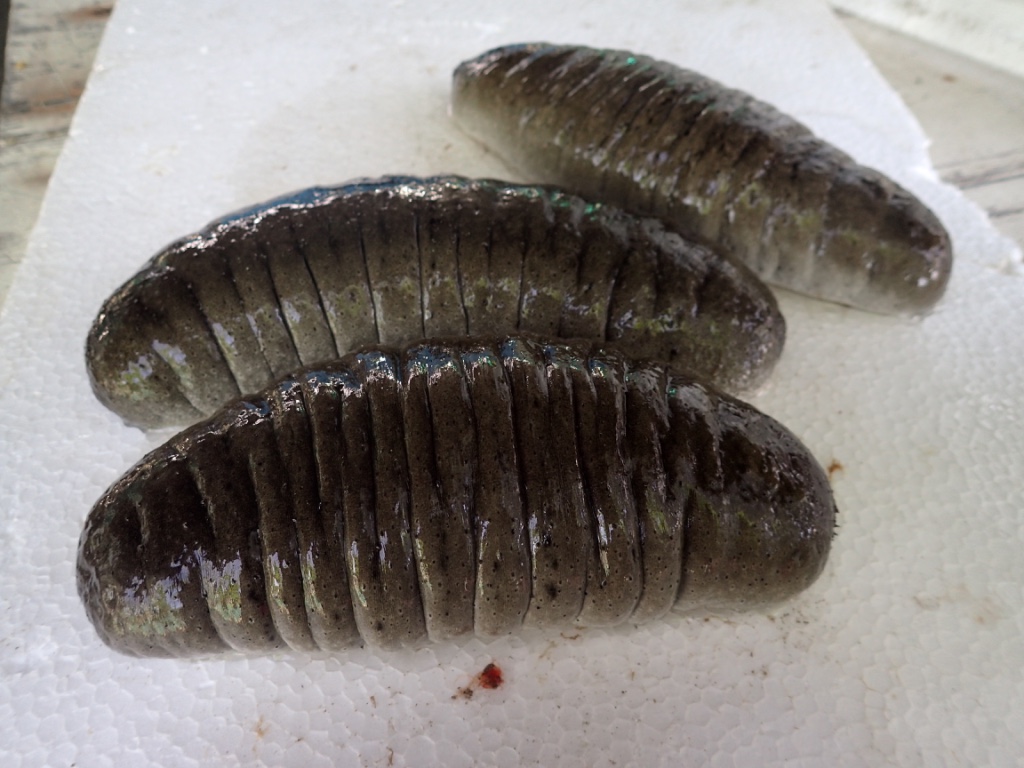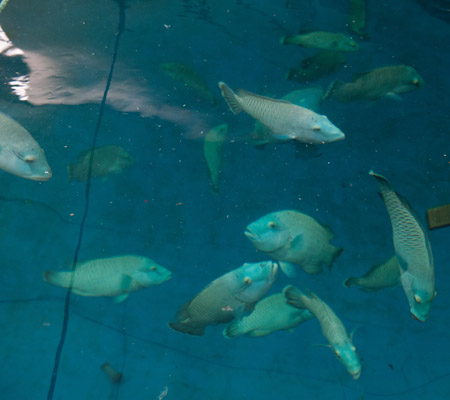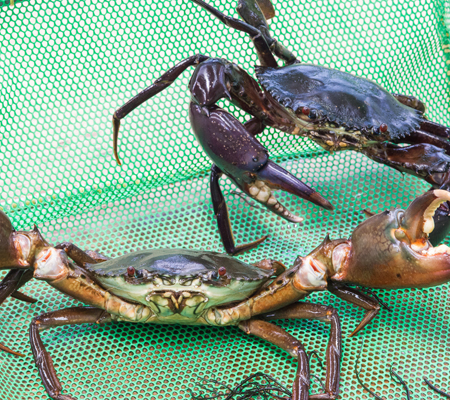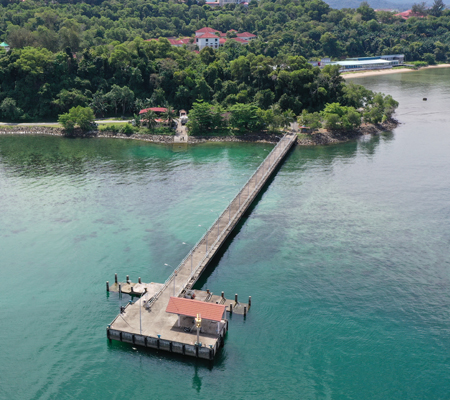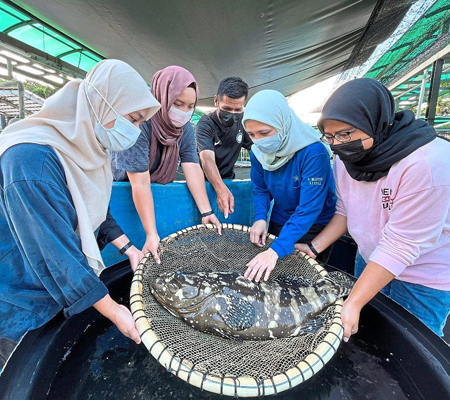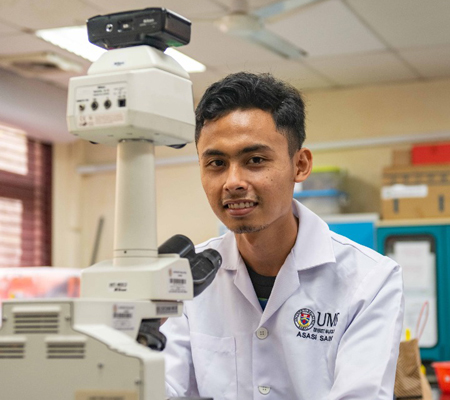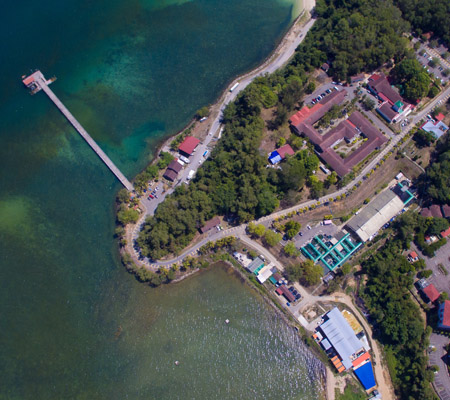Research Facility
Institut Marin Borneo (IMB) has good infrastructure facilities for research and education. State-of-the-art gadgets are used for practical work in the laboratories, experiments at the sea, and trials in the fish and shrimp hatcheries and grow-out systems. Main infrastructure facilities in IMB includes:
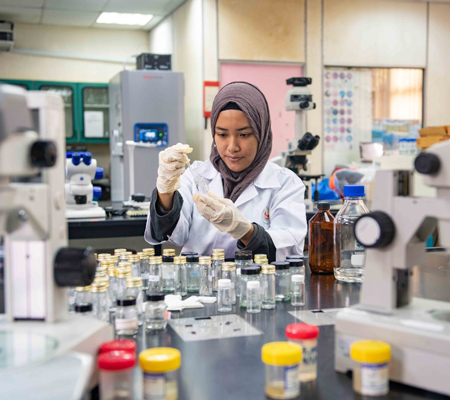
Laboratories
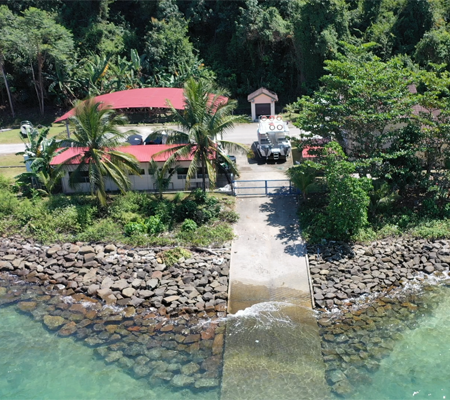
Boat House and Jetty

Aquarium & Marine Museum
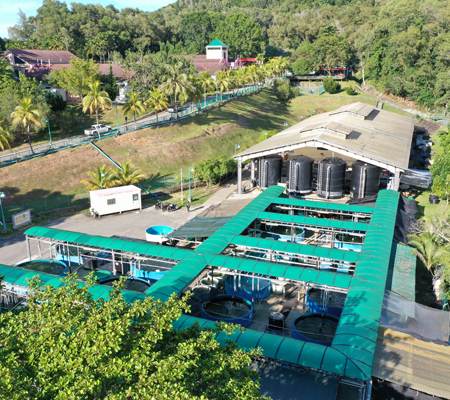
Fish Hatchery
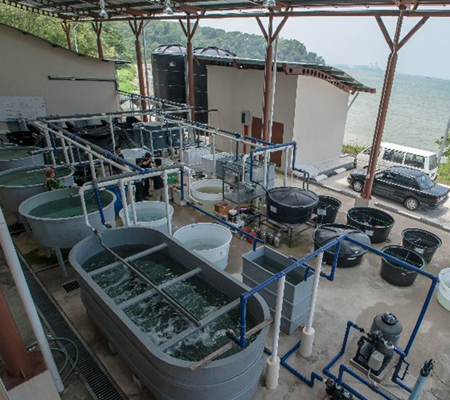
Crustacean Hatchery
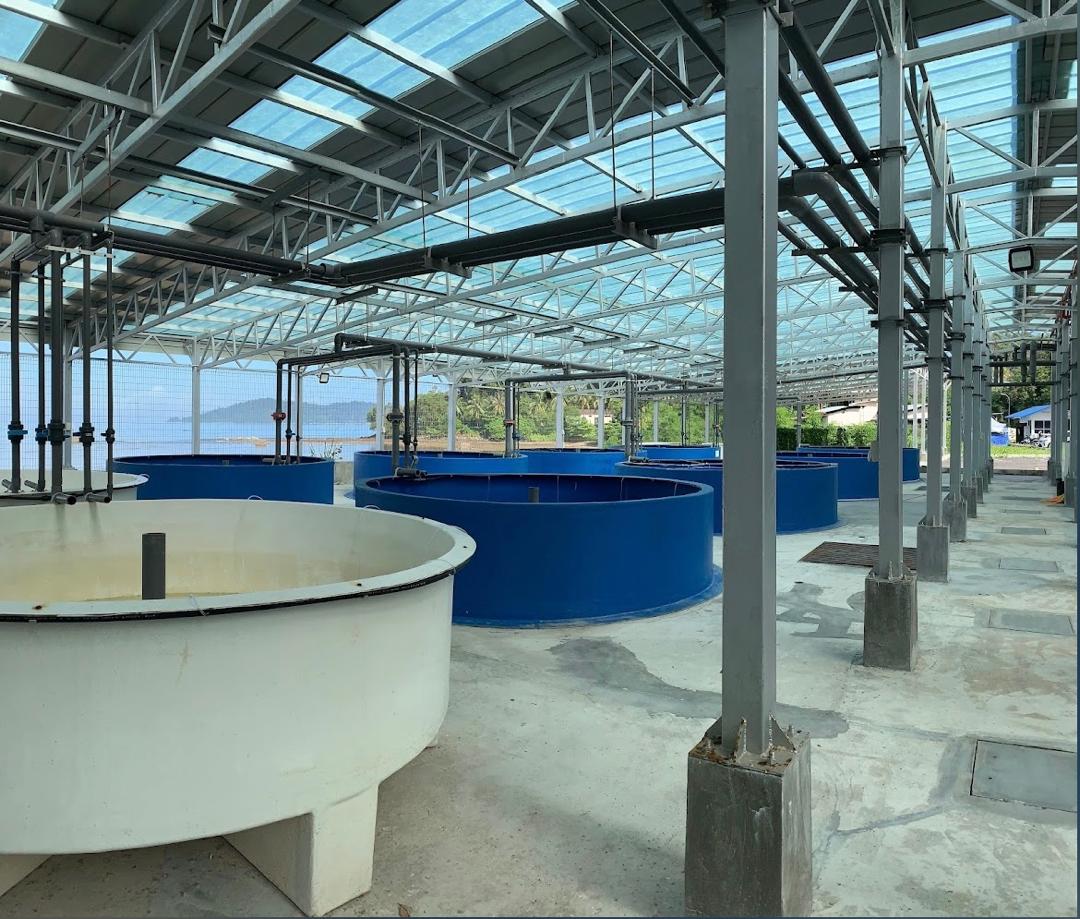
Aquaculture Incubator
For aquaculture research, there are two on-campus hatcheries which have the capabilities of any modern finfish and shrimp hatchery, from broodstock conditioning to continuous live feeds production, to larval rearing systems. Besides broodstock management, captive breeding and larval rearing, trials are also conducted on grow-out systems. Facilities for quarantine, chemical analysis, water quality remediation, filtration, formulated feed preparation and cryopreservation of gametes exist in the hatcheries. With the facilities available, the hatcheries support research aimed at developing new technologies and improving the existing systems. In recent years, we have given special attention to green technology aquaculture modules and integrated multitrophic systems as a part of our efforts towards adapting aquaculture to climate change.
For ocean observations and other purposes requiring field work at sea, there is a fleet of small boats and a sophisticated research vessel, Galaxea, with facilities for desalination, navigation, telecommunication, sampling, and SCUBA diving among others. Use of boats and diving activities are managed by the ‘Boat House’. It has various sections: winch-control chamber, workshop, SCUBA diving unit, boat berthing space, ramp and jetty in addition to an administrative block.
An important component of the Institute is the Aquarium and Marine Museum which is utilized for biodiversity education, research and public outreach. It houses a growing collecting of marine animals and is a show-case of marine biodiversity. It has three main sections: A deep dive diorama, an aquarium area and a marine museum. Visitors can have a glimpse of what lies beneath the waves. Arrangements inside the aquarium display ecosystems as complex communities of organisms interacting with their environment for a unique learning experience. The museum section offers close viewing of the preserved remains of marine flora and fauna.
Analytical work can be carried out in the following laboratories which are equipped with latest gadgets:
Analytical work can be carried out in the following laboratories which are equipped with latest gadgets:
IMB has a modest hostel facility. It is not a regular hostel for long-term stay but developed for providing accommodation to a limited number of persons whose research work requires staying at the Institute overnight.
FUNDING
R & D activities of IMB are generously assisted by the University and government agencies. Besides, foreign professional institutions committed to the cause of conservation of marine resources and ecologically sustainable development of seafood organisms through aquaculture have also extended support to specific projects. Recently, the private sector willing to fulfill its corporate social responsibility role has started supporting our research initiatives.
Most of the research projects include the provision of scholarship to students registered for degree courses. However, the award of scholarship is competitive and not guaranteed.
Most of the research projects include the provision of scholarship to students registered for degree courses. However, the award of scholarship is competitive and not guaranteed.
COMMERCIALIZATION OF RESEARCH
IMB facilitates applied research with commercial spin-off, and towards this end, welcomes cooperation with the industry, and R and D institutions. This helps in the transfer of scientific discovery or technology to the private sector where the business skills can develop it into a marketable product or service. Linking of academics with entrepreneurs serves to combine vastly different skills and expertise to help commercialize the innovations and contribute to a knowledge-based economy.


